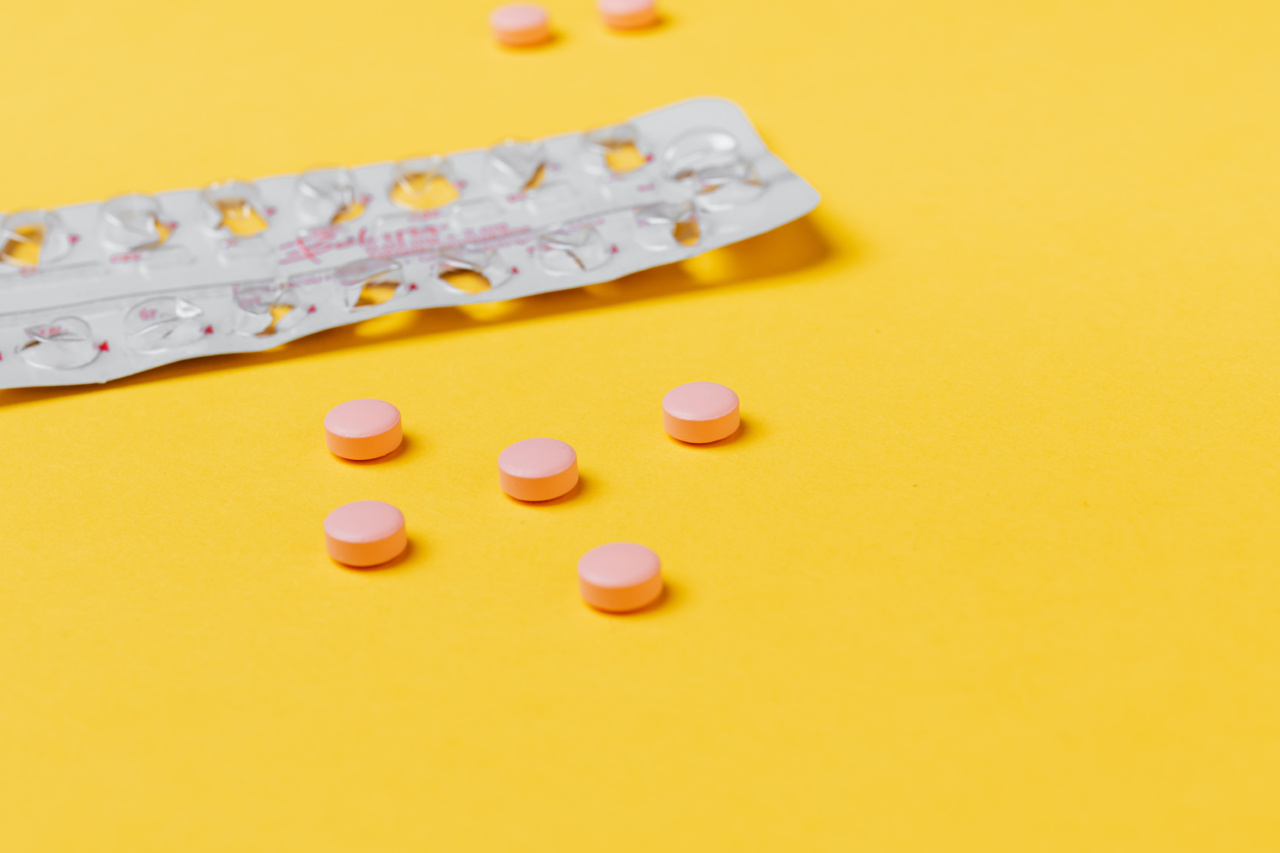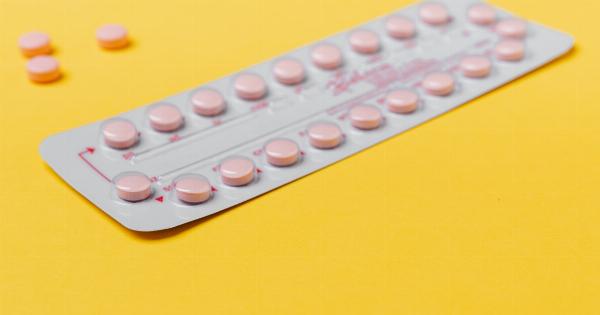Dietary supplements have become increasingly popular in recent years, as people strive to improve their overall health and well-being. These supplements come in various forms, including vitamins, minerals, herbs, and other botanicals.
While many individuals turn to dietary supplements to bridge nutritional gaps or support specific health conditions, it’s essential to consider how these supplements can potentially impact the accuracy of medical tests. In this article, we will explore whether taking dietary supplements can affect your medical test results and provide insights into specific supplements that may interfere with different types of tests.
Understanding Medical Tests and their Objectives
Medical tests are an integral part of diagnosing and monitoring various health conditions.
These tests help healthcare professionals gain insights into a patient’s overall health, detect abnormalities, and make informed decisions about patient care. There are numerous types of medical tests, each designed to examine specific areas of the body or evaluate particular aspects of health.
It’s important to note that the results of medical tests are meant to be accurate and reliable, providing healthcare professionals with valuable information for diagnosis and treatment planning.
However, the accuracy of these tests can be influenced by various factors, including the use of dietary supplements.
The Potential Impact of Dietary Supplements on Medical Tests
While dietary supplements are generally considered safe and beneficial when used appropriately, some supplements can interfere with the accuracy of medical test results.
This interference can occur through various mechanisms, including altering blood levels, affecting organ functions, or interacting with the chemicals used in testing processes.
It’s crucial for individuals to inform their healthcare providers about any dietary supplements they are taking before undergoing medical tests.
This information ensures that healthcare professionals can consider potential interactions between the supplements and the tests, ultimately leading to more accurate results and better-informed decisions regarding patient care.
Dietary Supplements That May Affect Medical Test Results
Several dietary supplements have been found to interfere with specific medical tests. Here are some common examples:.
1. Vitamin C
Vitamin C is often used as a supplement to support the immune system and overall health. However, excessive intake of vitamin C can interfere with certain medical tests, such as blood glucose tests.
High levels of vitamin C can lead to false-negative or false-positive results, affecting the accuracy of diagnosing conditions related to blood sugar levels.
2. Vitamin B7 (Biotin)
Biotin, also known as vitamin B7, is commonly found in supplements for hair, skin, and nail health. However, biotin can interfere with various medical tests, including thyroid function tests and hormone level tests.
High levels of biotin in the body may lead to inaccurate results, causing misdiagnosis or unnecessary medical interventions.
3. St. John’s Wort
St. John’s Wort is an herbal supplement often used for its potential mood-enhancing properties. However, this supplement can interact with certain medications and interfere with neurotransmitter tests, such as serotonin or dopamine levels.
It’s essential to inform your healthcare provider if you are taking St. John’s Wort before undergoing any tests that involve neurotransmitter assessment.
4. Garlic
Garlic is widely known for its potential health benefits, including supporting heart health and boosting the immune system. However, garlic supplements can interfere with blood clotting tests.
The active compounds in garlic can thin the blood, potentially affecting coagulation test results. Patients scheduled for surgeries or those on blood-thinning medications should consider temporarily discontinuing garlic supplements before routine blood tests or surgeries.
5. Ginkgo Biloba
Ginkgo Biloba is a popular herbal supplement widely used for its potential cognitive benefits, including improved memory and concentration. However, ginkgo biloba may interfere with blood coagulation tests and increase the risk of bleeding.
Patients on anticoagulant medications or those with bleeding disorders should avoid ginkgo biloba before undergoing any tests that assess blood clotting.
6. Saw Palmetto
Saw Palmetto is commonly used by men to support prostate health and manage urinary symptoms related to benign prostatic hyperplasia (BPH).
However, saw palmetto supplements can influence prostate-specific antigen (PSA) levels, a marker used in screening for prostate cancer. It’s important to communicate with your healthcare provider about any supplements you are taking, especially before undergoing PSA tests.
7. Ginseng
Ginseng is an herb known for its potential energy-boosting and stress-reducing properties. However, ginseng can affect blood pressure readings, leading to inaccurate results.
It’s advisable to avoid ginseng supplements before blood pressure tests to ensure accurate assessments of your cardiovascular health.
8. Green Tea Extract
Green tea extract is often consumed as a beverage or taken as a supplement for its potential antioxidant and weight management properties. However, green tea extract can interfere with liver function tests and certain tests assessing blood clotting.
It’s important to inform your healthcare provider about your green tea extract usage to ensure accurate interpretations of these test results.
9. Iron
Iron supplements are commonly used to address iron deficiencies and support red blood cell production. However, excess iron in the body can interfere with tests measuring iron levels.
This interference can lead to false interpretations, potentially masking underlying iron-related disorders. Care should be taken when supplementing with iron, and consulting with your healthcare provider is advisable before undergoing any iron-related tests.
10. Cranberry
Cranberry, often consumed or used as a supplement for urinary tract health, contains substances that can interfere with certain urine tests.
These substances may lead to false-positive or false-negative results, impacting the accuracy of urine tests for infections or other urinary tract-related conditions. It’s best to avoid cranberry supplements or consumption a few days before undergoing urine tests.
Conclusion
Dietary supplements can provide numerous health benefits when used appropriately and under professional guidance. However, it’s essential to recognize that some supplements can interfere with medical test results.
To ensure accurate and reliable test outcomes, individuals need to disclose their supplement usage to healthcare providers before undergoing any tests. By doing so, healthcare professionals can consider potential interactions and make informed decisions about patient care.






























